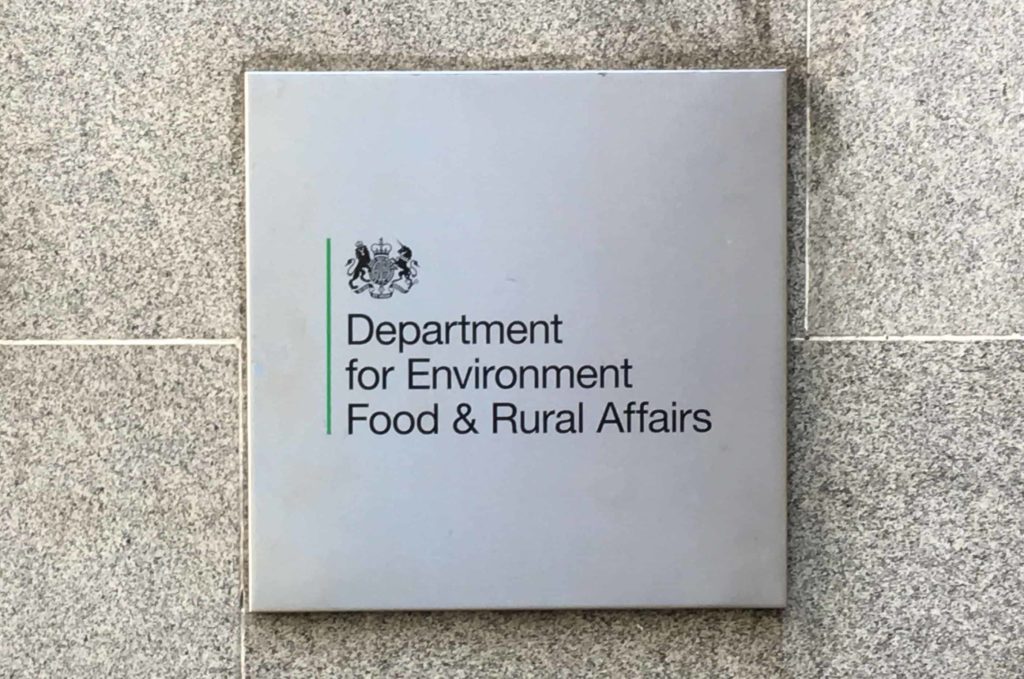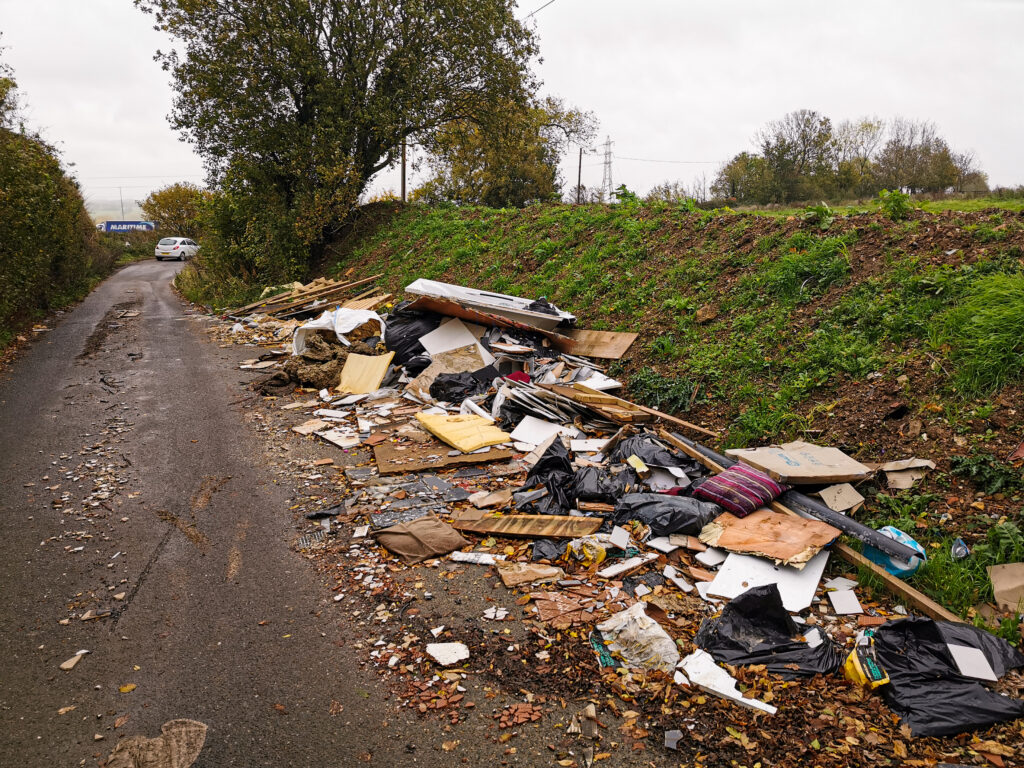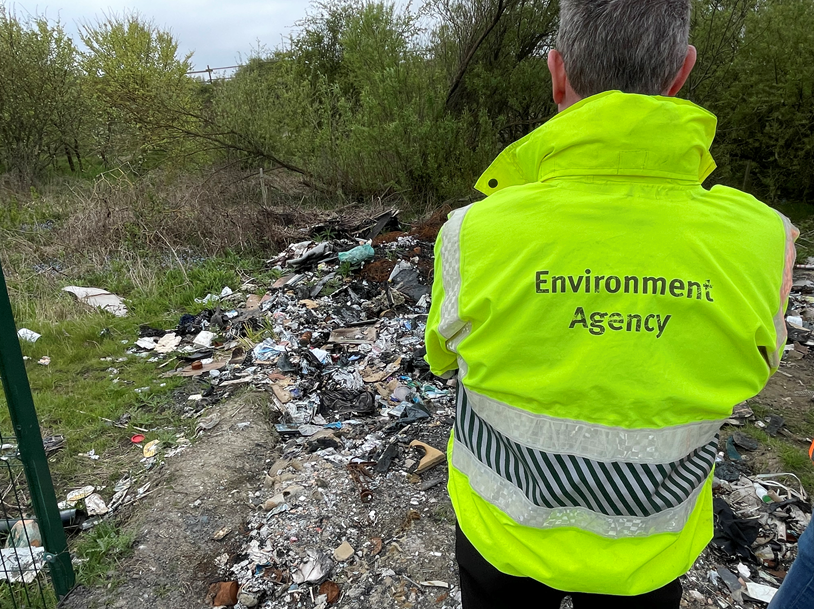The PAC explained in its report that Defra’s waste reforms— which include ‘simpler recycling’, extended producer responsibility and the deposit return scheme — are reliant on businesses and consumers changing their behaviour by producing less and recycling more.
Despite this, the PAC’s report find that businesses and local authorities are “unable to prepare for the required changes due to a lack of clarity on what form the reforms will take and the impact on council funding”.
Without clarification, the PAC warned that local councils “cannot invest and improve their recycling services and must delay procurement”.
The PAC also warned there is a real risk this would result in insufficient facilities to deal with the increased volumes of recycling coming from the reforms, meaning that more plastics will be incinerated, taken to landfill, or exported to other countries than before.
‘Beset with problems’

Dame Meg Hillier MP, chair of the committee said: “Changing how we deal with waste is crucial to save the environment from further damage and meet the legally binding target of net zero emissions by 2050. To meet its targets, it’s vital that the Government encourages a circular economy where products can be used again or for longer. Without a clearly communicated vision from Government on how these crucial reforms will actually work in practice, it’s unlikely that these targets are reachable.
“Our inquiry has found that the reforms were beset with problems from the initial set up, with the Department lacking a clear plan on how to make their ambitions to reduce the environmental and economic costs of municipal waste feasible. Delays to the programme mean that businesses and consumers can’t prepare for the upcoming changes, which could mean that even more plastic is sent to landfill in the long term. With businesses and local authorities crying out for information, the Government needs to provide certainty as soon as possible to make sure the necessary investments and procurement can take place.”
Clarity
In the report, the PAC explained that the lack of clarity on the requirements of the simpler recycling scheme, uncertainty around fees obligated companies will pay under the extended producer responsibility scheme and the impact of the payments to local authorities on their funding leaves businesses and local authorities unable to prepare.
For example, the PAC this could result in all local authorities procuring new lorries and bins at around the same time, placing pressure on supply chains.
Recommendations
The report made six recommendations to Defra:
- The Department should write to the Committee setting out how it will address any outstanding concerns that IPA raises
b) The Department should ensure that the lessons it has learnt from these reforms are applied to improve the way it manages other projects and programmes - The Department should set a firm date for when it will set out the fees obligated companies will pay under the extended producer responsibility for packaging scheme
- The Department should write to the committee with an update on how it is drawing on international experience to inform the design and roll-out of the deposit return scheme
- Within the next 12 months the Department should write to the Committee to explain: What measures it expects to introduce next to encourage waste prevention and reuse; and what contribution it expects these measures to make to meeting its target of doubling resource efficiency by 2050. it should do the same to show which measures it expects could make the biggest contribution overall to its target of doubling resource efficiency by 2050
- Defra shouls published its planned waste infrastructure plan before its Treasury minute response, but if this does not happen it should explain why not, and update the Committee on when it expects this will be published. The Department should consult with key stakeholders after publication about whether this gives them sufficient clarity to make informed investment decisions, and write to the Committee to explain how it will address any outstanding gaps this highlights
- The Department should set out it in its Treasury Minute what it sees as the priority data gaps and set ambitious timescales for filling the data gaps
Defra’s permanent secretary, Tamara Finkelstein, defended Defra’s performance during a PAC committee in September (picture: Parliament TV)
Set up
During the PAC committee meeting in September, senior Defra officials admitted that the department was not “set up properly” to deliver the reforms and this, along with factors such as the pandemic, have contributed towards the delays (see letsrecycle.com story).
However, they said this has now been rectified with additional resources and are now progressing to provide more clarity.












Subscribe for free